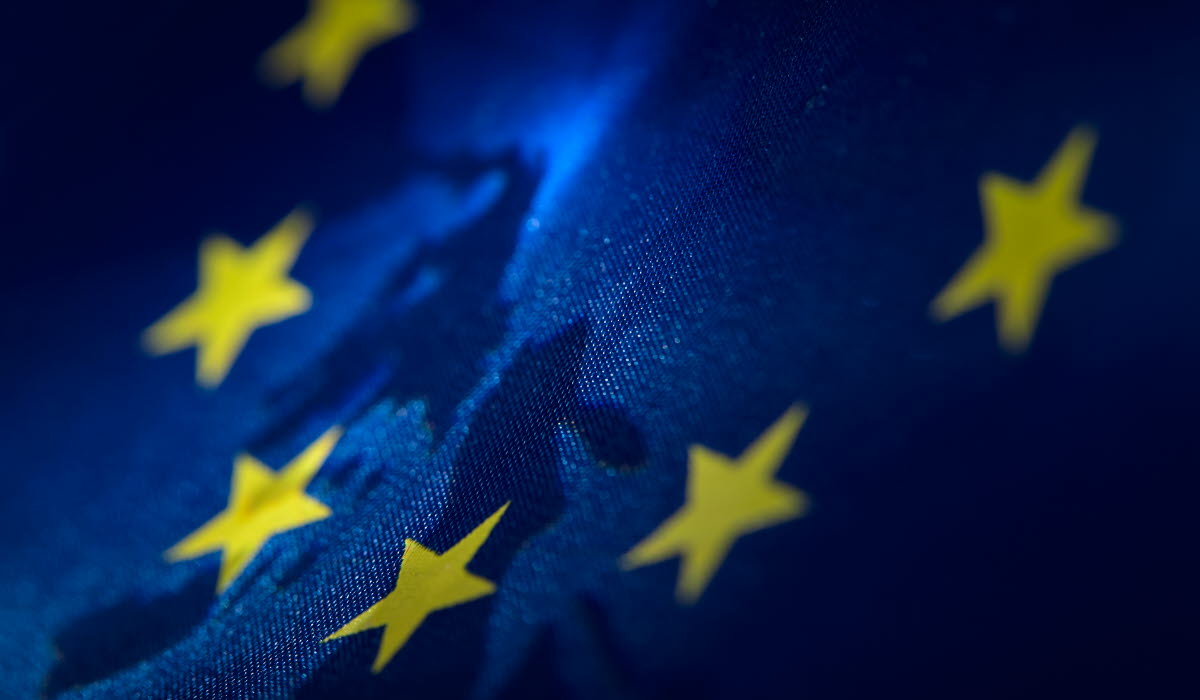Today, January 31st 2020, the United Kingdom formally leaves the European Union. In due time this will have significant impact on the trading procedures between the EU 27 and the UK, 但首先到来的是一个过渡期.
在过渡期间,业务基本如常
The immediate regulatory changes, 影响欧盟27国与英国之间的贸易, will be limited as the parties enter a transition period ranging primarily until 31st of December 2020. This period is designed for the parties to negotiate the future relations.
尽管离开了政治机构, 在过渡期间,英国将遵守欧盟法律, remain a member of the single market and the customs union. Thus, during this period the trade will continue more or less as it does today, i.e. there will be no customs procedures or tariffs applied between EU27 and UK.
Changes to beware of when using free trade agreements (FTAs)
There are however some exceptions. The EU has requested that their FTA partners should accept the UK as an EU member state for the purpose of those agreements during the transition period. However, the third-party countries are not obliged to do so. This may result in material originating in UK can lose their preferential EU status. Hence, Swedish companies that are dependent upon UK material to achieve preferential status on their products should be mindful of this. See this further explained below.
New trade procedures to come
不管谈判结果如何, whether an all-encompassing FTA or not reaching any agreement at all, upon the expiration of the transition period Swedish companies will be subjected to new trade procedures. 这些可能至少包括:
- 提交出口和进口声明
- documentary requirements
- payment of potential import tariffs
- custom checks
- VAT procedures
准备脱欧的6个步骤
We recommend Swedish companies, doing business with UK, to take advantage of the transition period and start preparing now for what is to come. Below are six actions. It is not an exhaustive list but a good start in your Brexit-preparations.
1. 向PG电子官方免费下载海关申请eori号码
Just as required when trading with any other country outside of the EU, after the transition period Swedish companies need an EORI-number in order to export goods to the UK.
2. Classify your products
An HS- classification is needed to declare both export and import as well as ascertain what duties, product and documentary requirements your goods are subject to. If you are aware that your products are typically subject to specific requirements, we suggest you stay in close contact with that responsible authority (e.g. National food Agency, Swedish Medical Products Agency, etc.)
3. Declare your goods for export
Export- and import declarations with the customs agency will be mandatory. Assistance with these procedures can be sought from your freight forwarder, 运输公司或特定的报关公司.
4. 重新考虑你的合同条款
Be careful of far-reaching delivery terms placing the responsibility for import declarations, tariffs etc. on the exporter. 如果你负责运输的话, be mindful of tight delivery deadlines accompanied by penalties and contractual damages
5. Make sure your British importer and other service providers are prepared
Maintain a dialogue with your customer and service providers to make sure they have made satisfactory preparations, for example by having applied for a UK EORI-number and other necessary authorizations or certificates.
6. Make sure you still meet the requirements of the free trade agreements
离开欧盟意味着所有来自英国的商品, 以前在欧盟享有优惠原产地, will lose that status. Hence, your product will also lose its preferential status if it is dependent upon goods from the UK having EU origin status in order to fulfill the rules of origin.
Want qualified advice on the topic?
Get in touch to find out what we can do for you.
Read our Chief Economist view, find out more on our Brexit page
or sign up for our Brexit course on March 11th (in Swedish).









